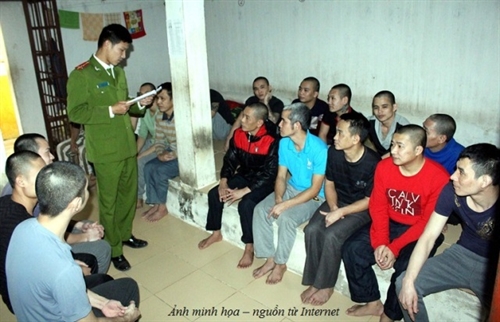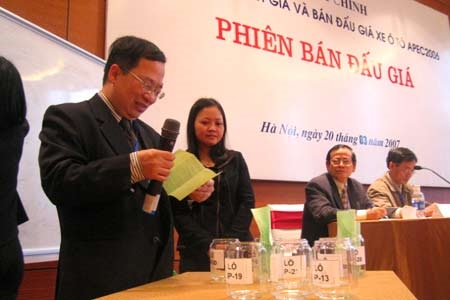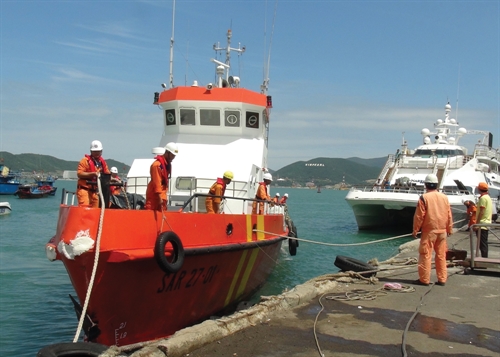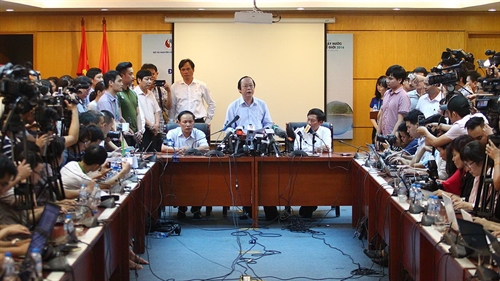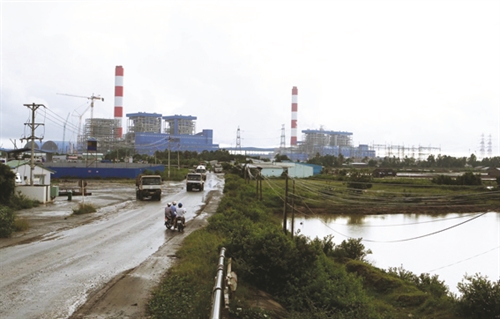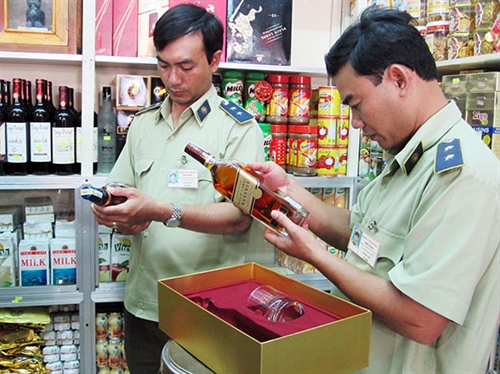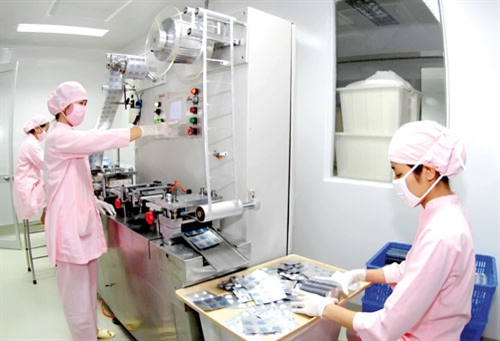Consisting of 10 chapters and 73 articles, the Law on Organization of Criminal Investigation Bodies (the Law) regulates the system of investigating agencies in Vietnam and clearly defines their tasks and powers.
System of investigating agencies
Under the Law, the system of Vietnamese investigating agencies consists of specialized investigating bodies and agencies assigned to carry out certain investigating activities.
Specialized investigating bodies include investigating bodies of the People’s Public Security, the People’s Army and the Supreme People’s Procuracy.
Agencies assigned with certain investigating activities include the border guard, customs, forest protection, marine police, security, police and fisheries surveillance.
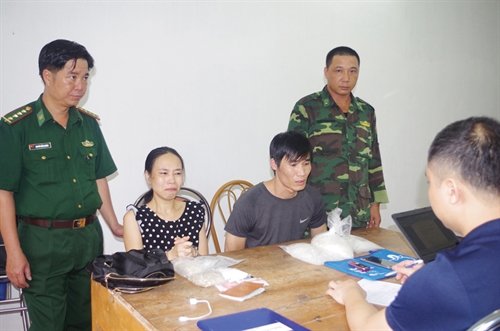 |
| Border guards of Mong Cai international border gate (Quang Ninh province) interrogate a couple suspected to be involved in drug trafficking__Photo : Nguyen Hoang/VNA |
Tasks and powers of investigating agencies
One among the principles set forth in the Law is that criminal investigation activities may only be carried out by competent agencies or persons defined in the Law. Another important principle is that subordinate investigating bodies must obey the professional guidance and direction of their superior bodies and investigators must be responsible to their superiors and the law for their acts and decisions.
Regarding tasks and powers of specialized investigating bodies, the Law says that these bodies will receive and settle denunciation and reports on crimes and propose institution of criminal cases. They will also receive case files forwarded by agencies tasked with certain investigating activities. They will investigate crimes, apply measures allowed by law to discover crimes and offenders; make files and propose prosecution. They are responsible for identifying causes of and conditions for commission of crimes and asking concerned agencies and organizations to implement remedial and deterrent measures.
The Law also defines tasks and powers of agencies assigned to carry out certain investigating activities. Under Article 10, when performing tasks in the fields under their management and receiving denunciations or reports on crimes or detecting criminal acts, they will launch examination, verification and investigation activities in accordance with the Law and the Criminal Procedure Code. Under current regulations, these agencies can carry out certain investigating activities according to their competence but not deal with denunciations and reports on crimes. When performing their tasks, they can receive denunciations and reports on crimes under their investigating competence and forward them to investigating bodies for settlement. The time limit for investigation of flagrant delicto less serious crimes with clear evidences and personal records of offenders is also adjusted in the Law. Accordingly, within one month after the issuance of a decision to institute a criminal case, instead of 20 days under the current law, an investigation must be initiated and the case file transferred to a competent procuracy.
Specialized investigating bodies and agencies tasked with certain investigating activities must receive, examine and settle denunciations and reports on crimes, and propose the institution of criminal cases. They have to notify the settlement results to crime denouncers or reporters and apply necessary measures to protect them.
The procuracies will supervise the law observance in investigation activities to ensure that they comply with the Criminal Procedure Code and the Law. They will request or propose investigation bodies to redress violations in their investigating activities.
Noticeably, the Law does not define public security offices of communes, wards or townships and public security stations as agencies assigned with certain investigating activities but assigns them to receive and examine crime denunciations and reports. Under Article 44, commune public security offices will receive crime denunciations and reports, record them, take initial testimonies and immediately send these denunciations and reports to competent investigating bodies. Ward or township public security offices and public security stations will receive crime denunciations and reports, record them, proceed with examination and verification and immediately send these denunciations and reports together with relevant documents and objects to competent investigating bodies.
Under National Assembly Resolution No. 144 dated June 29, 2016, the implementation of the Law will be delayed until the Law amending a number of articles of the 2015 Penal Code enters into force.
The Law replaces the 2004 Ordinance on Criminal Investigation Organization and its 2006 and 2009 amendments.- (VLLF)
